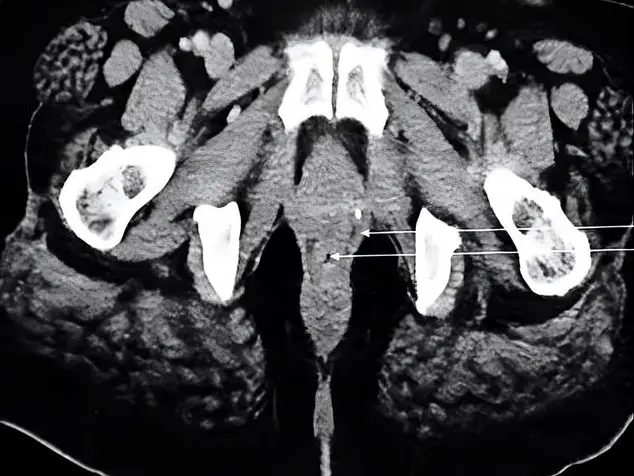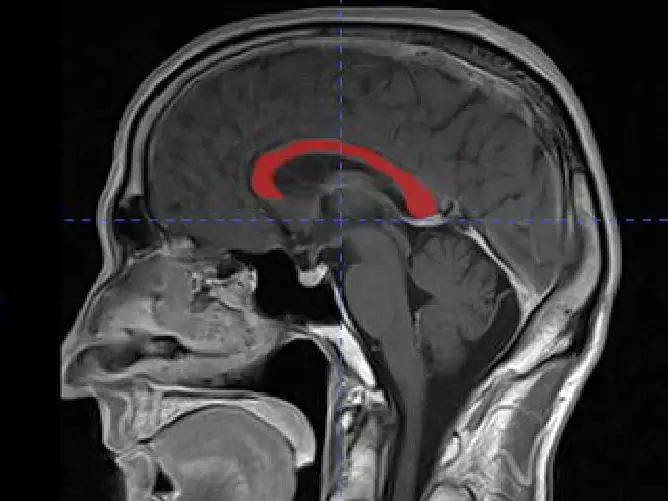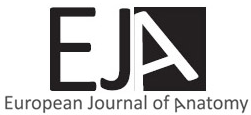Overconsumption of high fat diet is a leading cause for developing obesity, which is strongly related to cardiovascular diseases. To elucidate the cardiac dysfunction induced by the effect of high fat diet and to evaluate the potential ameliorative effect of capsaicin against this toxicity, 40 adult male rats were divided into four groups: High fat diet (HFD) group contained 10 rats that were fed on HFD for 8 weeks. High fat diet and capsaicin group (HFD+CAP) group contained 10 rats that were fed on HFD + CAP for 8 weeks besides control groups. The extent of cardiac toxicity was evaluated physiologically and biochemically in addition to homogenate and histological examination of cardiac tissue. High fat diet led to significant increase in body weight, heart weight and body mass index. Moreover, HFD group showed significant increase in heart rate, systolic blood pressure with decrease in EF%. Biochemical investigation revealed significant increase in serum glucose, insulin level with insulin resistance, besides increase in serum total cholesterol, triglycerides and free fatty acids. HFD heart homogenate revealed decrease in total energy charge and total antioxidant capacity. Furthermore, histological examination displayed alteration of the normal histological structure of the heart tissue, increase in collagen deposition and significant increase in the immunopositivity of the inflammatory marker COX-2 and the apoptotic marker caspase-3. These effects were partially alleviated by consumption of capsaicin parallel with high fat diet in (HFD+CAP) group. However, even if capsaicin could ameliorate the effects of high fat diet, it is better to avoid HFD, as it can induce cardiac dysfunction.
Ameliorative effect of capsaicin against cardiac dysfunction induced by high fat diet in adult male rat
Related articles
Original article
Original article



